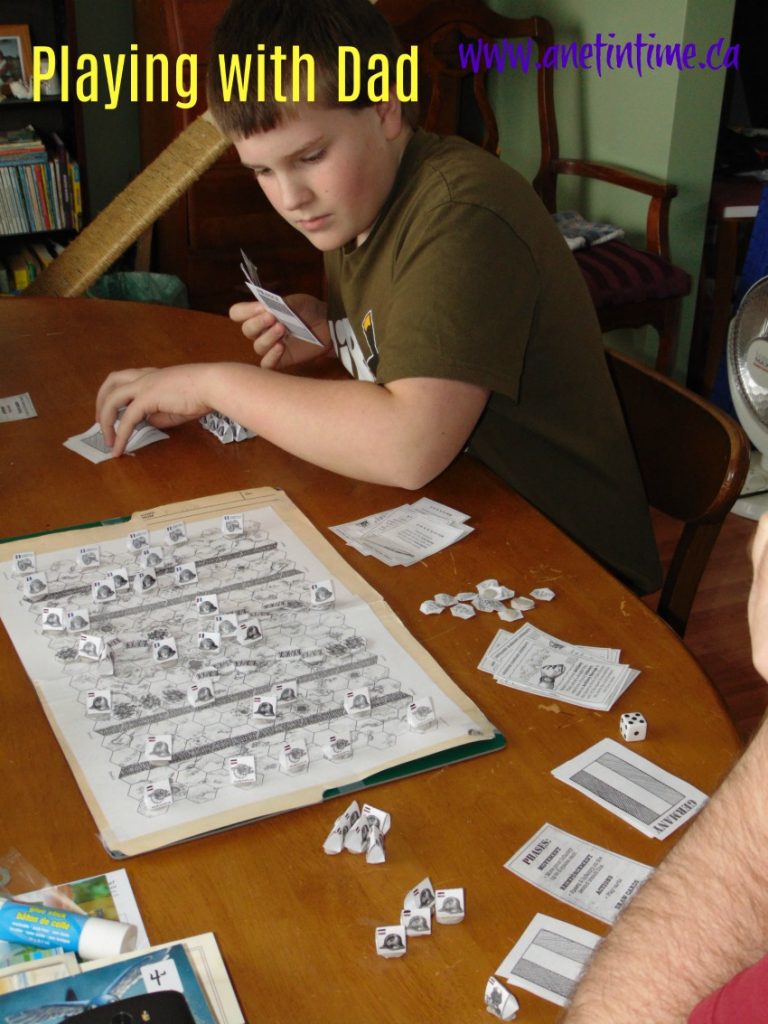I was all set to write a generic post about how you raise up independent learners and then I thought, wouldn’t it be better if I just told you what a typical day in the life of ninth grader is like? My ninth grader is a very independent learner.

A Day in the life of an Independent Learner
My son gets up at 10 a.m. Usually on his own. I call him if he isn’t.
He feeds his mice, organizes his breakfast, and then heads up to his room.
Since it’s currently covid, he studies for an hour, and then plays with his friends for an hour before coming downstairs to watch TV with dad.
At 2 p.m. we have family devotions.
Dad heads off to work.
The lad has a quick lunch (normally a sandwich) then heads upstairs to his room.
He normally sits on his bed with a cat nearby.

Our Milo is getting old and often likes to be snuggled in.
The lad sits with his computer in his lap, and what he does each day depends on what he able to do. As a teen who is growing rapidly, he has days where headaches besiege him so doing easy stuff is better. Other days where he will work diligently on harder work. This year he took two credits through the highschool, and six at home. Easy subjects would be WW2 Projects, practicing his french, civics and doing PE. Harder are things like WW2 research, biology and language arts. No two days are exactly alike.
I make a point of checking in on him at least twice a week. “What are you working on? Anything you need help with? Any supplies you will be needing?”
Helping him to be independent means talking with him about his coursework, organizing the supplies he needs, marking his tests/papers, and then giving him needed feedback.
Today we talked about the support I give him as his faith in God develops. What he needed, what he appreciates etc. We never seem to have lengthy conversations as he always has his “next thing” on his mind. But he’s happy with how his schooling is going and he loves the devotional I’ve given him to use.

How Did We Get Here?
Helping our students develop independence in their educational journey is an important part of their growing abilities. By the time our students graduate high school we want them to have developed some independence. They will need good study habits, to stand by decisions made, to at least sort of understand how to balance out their lives, and to know when to ask for help. So just how do we go about developing these independent learners?
It all starts by understanding ourselves and our students. We need a solid understanding of how we can best help our students learn, and how they best learn themselves. Our awareness of their strengths and weakness, as well as our own, gives them a great boost in their homeschool journey. The better we understand how we all operate means that even a kinetic learner can be taught by one who is not.
In the process of understanding each other, you’ll discover how to organize your homeschool in a way that works best for you and your students. Organizing their school year, and teaching them the skills they need to organize their workload. You’ll find yourself organizing all the stuff that goes with education too.. the pens and pencils, science equipment and art supplies. Everything easy at hand so that they can indeed work independently.
Throughout the process communication is key. You simply have to keep talking and learning together. They’ll learn new skills and need you less in some areas, and yet have to develop new ones in other areas. Needing to balance their work, school and social lives does become more important as they mature. By trusting each other you will work through the challenges when things go wrong. But step by step, your child can become the independent learner they need to be.

A big thank you to Annette Vellenga from A Net in Time for writing this article.
Connect with Annette on Social Media
Facebook | Twitter | Pinterest | Instagram
